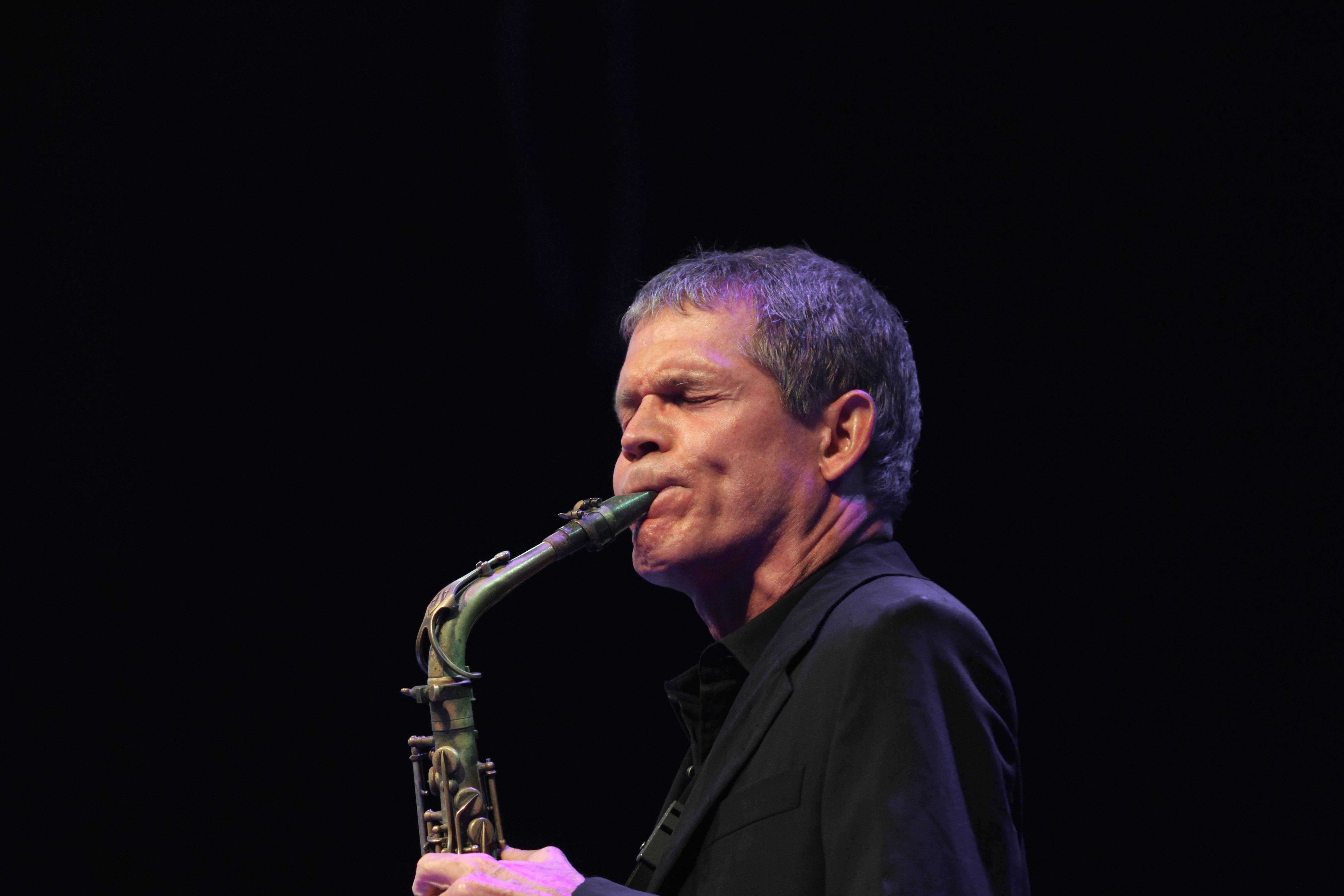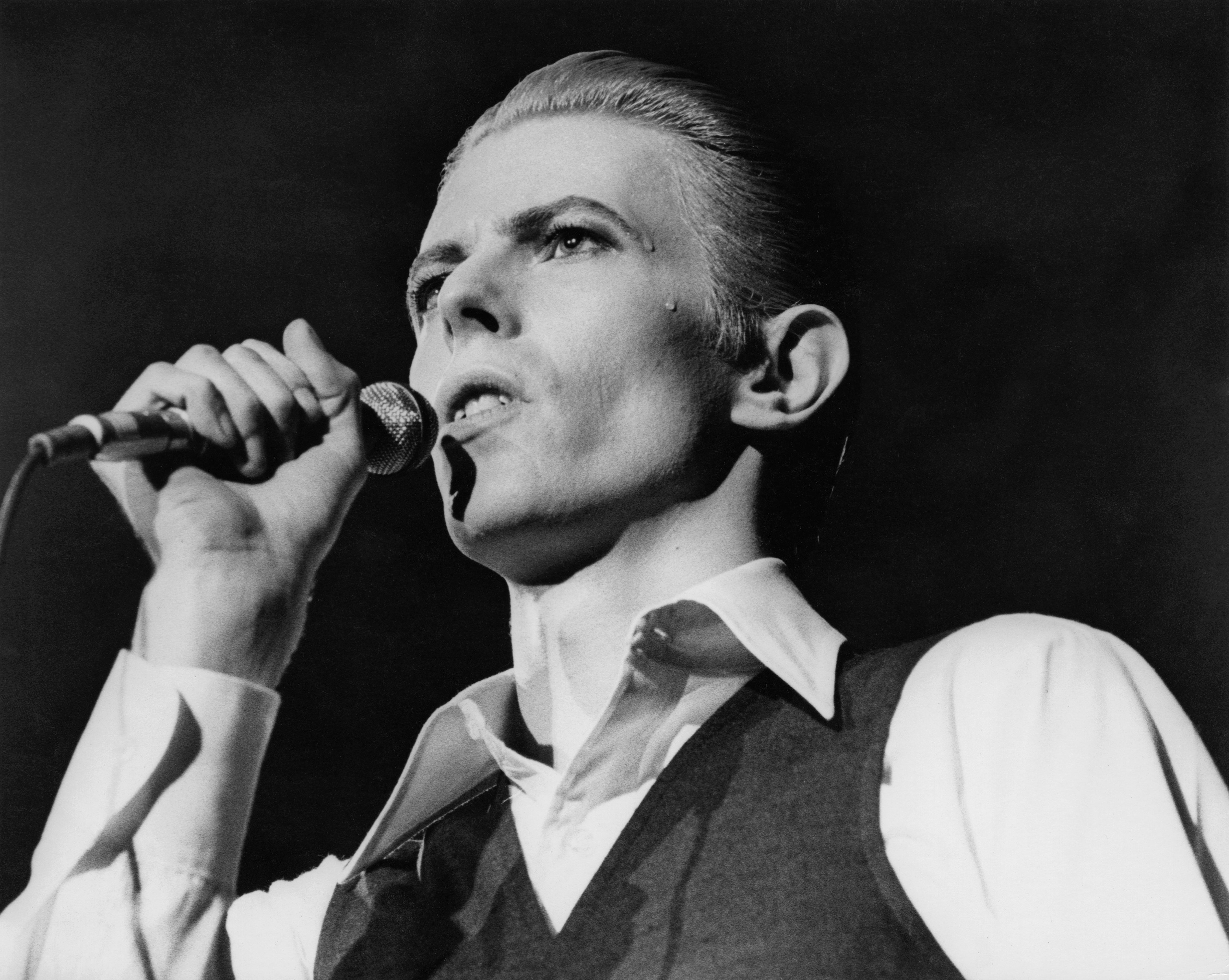David Sanborn, saxophonist who played for Bowie and Stevie Wonder, dies aged 78
Florida-born artist won six Grammys and played with greats including Bowie, Aretha Franklin, The Rolling Stones, Carly Simon, and Elton John

David Sanborn, the Grammy-winning saxophonist who performed the iconic solo on David Bowie’s “Young Americans”, has died from prostate cancer aged 78.
Over a career spanning six decades, Sanborn released 25 albums and collaborated with stars including Bowie, Stevie Wonder, Bruce Springsteen, and The Rolling Stones. He also contributed to the soundtrack of the Lethal Weapon films starring Mel Gibson and Danny Glover.
The news of Sanborn’s death was shared from his social media accounts. “It is with sad and heavy hearts that we convey to you the loss of internationally renowned, six-time Grammy Award-winning saxophonist David Sanborn,” the statement said.
Sanborn died on Sunday 12 May, representatives confirmed, after “an extended battle with prostate cancer with complications”.
The musician had been dealing with the illness since 2018, they added, but had been able to continue performing until recently: “Indeed, he already had concerts scheduled for 2025.”
They described Sanborn as “a seminal figure in contemporary pop and jazz music. It has been said that he ‘put the saxophone back into Rock ’n Roll’”.
Bowie’s estate shared a tribute to Sanborn on X/Twitter, writing: “Sad to learn of the passing of American alto saxophonist David Sanborn. Bowie fans will know him best for his sublime work on Young Americans and David Live; he also played flute on the latter.”
The estate shared a photo of Sanborn with Bowie at dinner in Montreux, where both artists frequented the Swiss town’s famed Jazz Festival.
Born in Tampa, Florida, in 1945, Sanborn later moved with his family to Kirkwood, Missouri, where he began playing music from a young age. He was advised by a physician to learn the saxophone to help improve his breathing, which had been weakened by a bout of polio.
By the time he was 14, he had already performed with blues legend Albert King. A versatile artist, Sanborn was briefly a member of the Saturday Night Live band in the early Eighties, later co-hosting the short-lived variety show Night Music with Jools Holland, which included Leonard Cohen among its guests.

By this point, his solo career had begun to take off thanks to a series of albums that melded R&B with smooth jazz, aided by guest singers such as Luther Vandross.
He often pushed back against critics or fans who described him as a jazz musician: “If push comes to shove, I would describe myself more as coming out of the blues/R&B side of the spectrum,” he told NPR in 2008.
“But I mean, if you play the saxophone, you certainly can’t escape the influence of jazz. So it’s not that I neccessarily don’t, you know, want to be called a jazz musician. It’s just that I don’t know if that’s totally accurate.”
Sanborn toured with Stevie Wonder during his career, and featured on his 1972 album Talking Book. He was in huge demand as a session player, enlisted by Cat Stevens, Eric Clapton, Loudon Wainwright III, the Eagles, Elton John, Billy Joel, Carly Simon, Toto, and Aretha Franklin.
He won his first Grammy in 1982 for Best R&B Instrumental Performance, for his single “All I Need Is You”. He went on to win a further five awards, including for his albums Straight to the Heart and Double Vision, the latter a collaboration with pianist Bob James.

Writing for The Independent in 1993, Sanborn praised one of his idols, Ray Charles, and his 1957 song “Drown in My Own Tears”.
“What’s always been great about Ray Charles is the way he combines jazz, gospel and R&B, the three great forms of music, in one,” he explained. “On this great recording of 'Drown In My Own Tears' you can hear he's a little close to the mic, so you get that immediacy, on top of the electricity in the atmosphere. It's a great moment.”
Sanborn said that playing slowly and maintaining the interest of the audience was “one of the hardest things for a musician to do”.
“Ray Charles, though, has so much control in his voice that he can leave a note hanging and you'll always be there with him,” he wrote. “In the background you've got David 'Fathead' Newman on alto and tenor sax, plus two trumpets, trombone, a few more sax, three backing singers and a bass guitar. There's a mini big band going on, just playing sustained notes, but what you really hear is just acoustic piano and voice, like you'd get in a gospel church.
“His voice has a very plaintive, crying quality, it almost sounds like he's breaking down. He's drowning in tears. It's a song about loss and regret and hope, and that's what music is all about, communicating those things.”
Sanborn is survived by his wife, Alice Soyer.
Bookmark popover
Removed from bookmarks